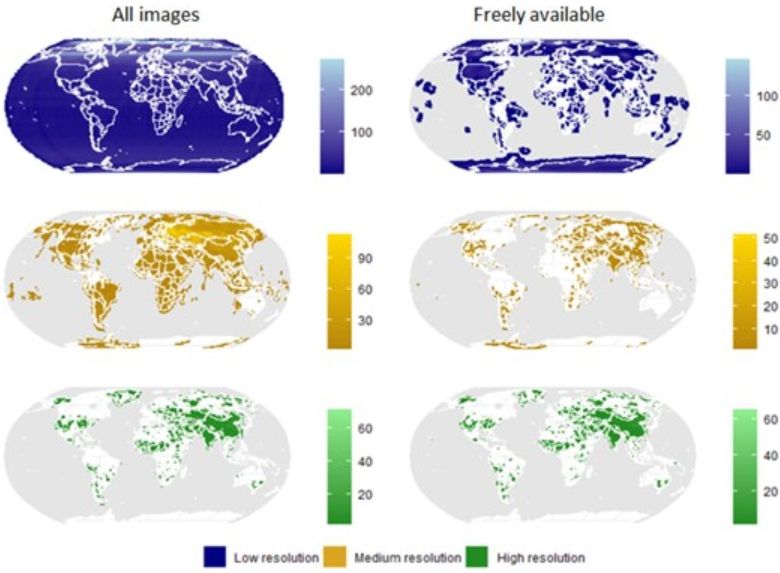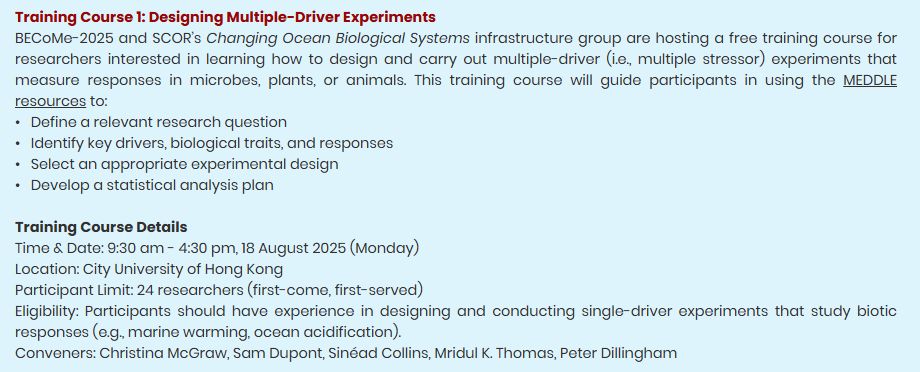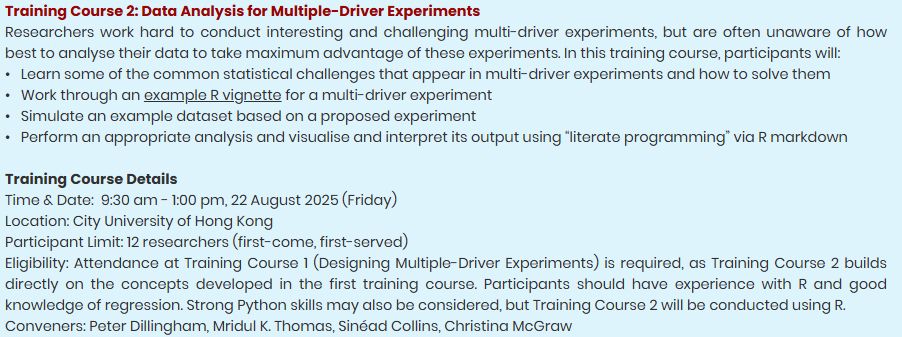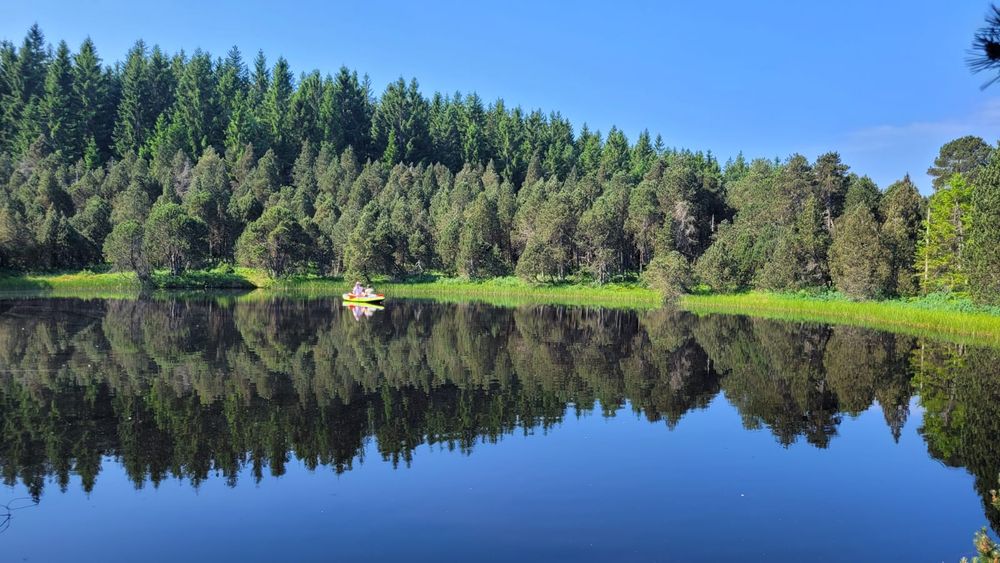Benjamin Kraemer
@limnobenja.bsky.social
1K followers
380 following
52 posts
Global Change Aquatic Scientist | Grew up in USA, lives in Germany, misses Tanzania | sites.google.com/view/benjaminkraemer/home
Posts
Media
Videos
Starter Packs
Reposted by Benjamin Kraemer
Reposted by Benjamin Kraemer
Reposted by Benjamin Kraemer
Reposted by Benjamin Kraemer
Reposted by Benjamin Kraemer
Reposted by Benjamin Kraemer
Benjamin Kraemer
@limnobenja.bsky.social
· May 19
Benjamin Kraemer
@limnobenja.bsky.social
· May 19
Reposted by Benjamin Kraemer
Carolin Winter
@carowinter.bsky.social
· Apr 24
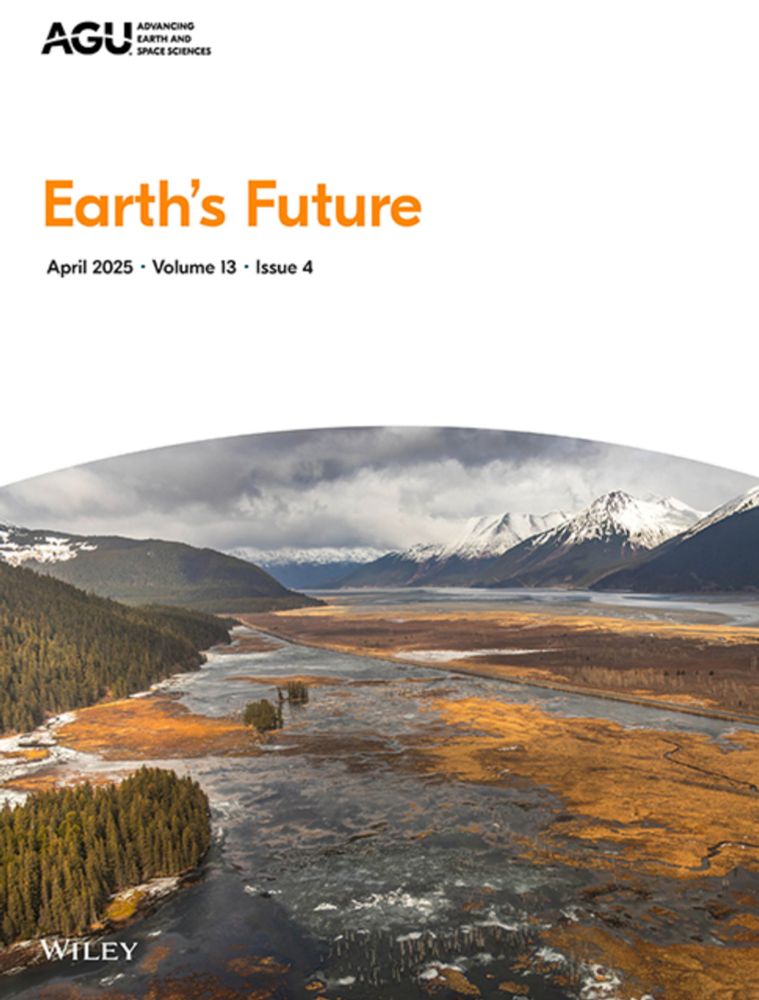
Forest Dieback in Drinking Water Protection Areas—A Hidden Threat to Water Quality
Forests cover 43% of German drinking water protection areas, making their vitality state critical for safeguarding drinking water quality German drinking water protection areas experienced a 4.8%...
doi.org
Reposted by Benjamin Kraemer
Carolin Winter
@carowinter.bsky.social
· Apr 24
Reposted by Benjamin Kraemer
Carolin Winter
@carowinter.bsky.social
· Apr 24




